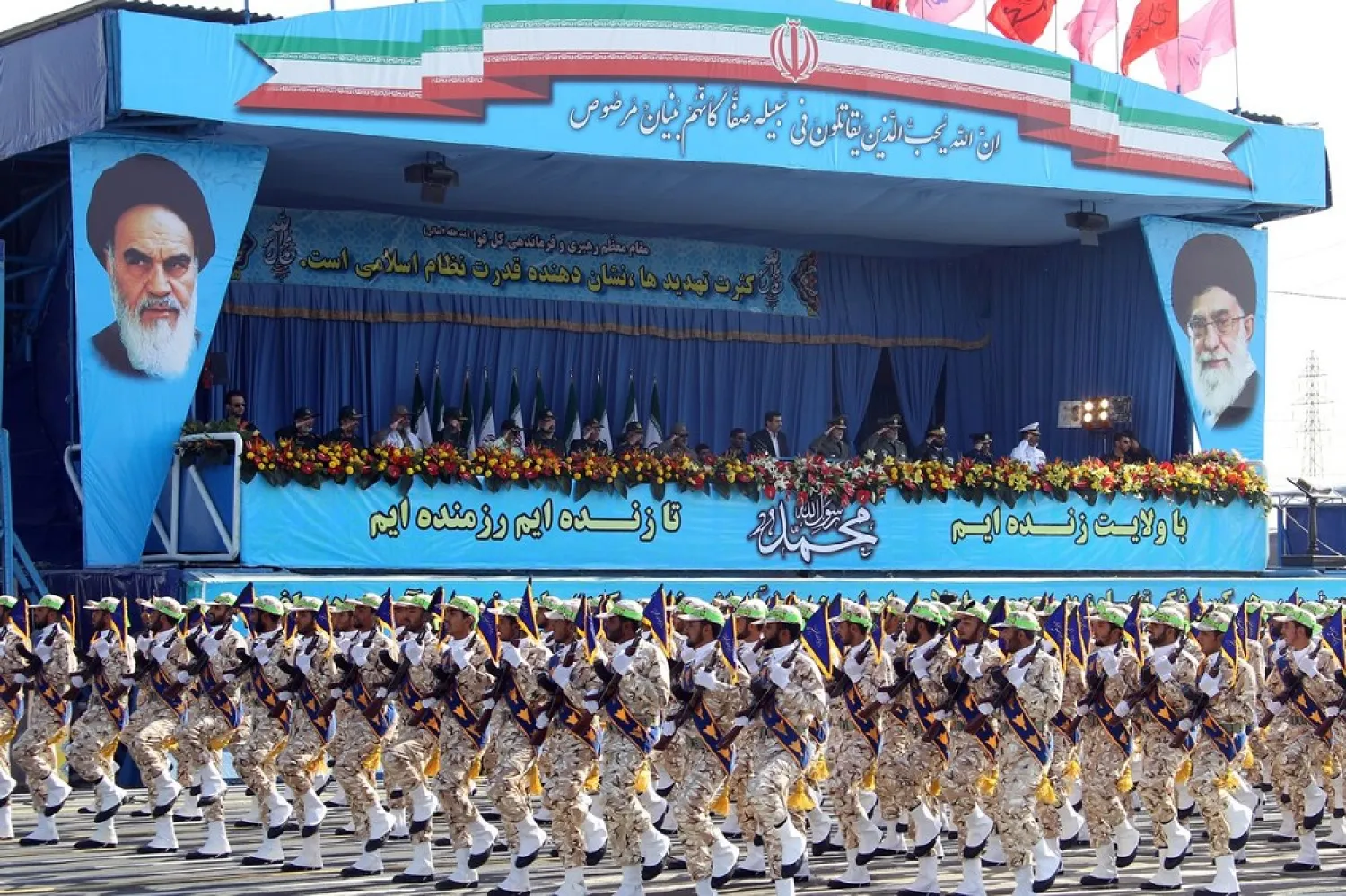The Iranian Revolutionary Guards denied on Tuesday it was carrying out any operations outside the borders of the Persian State.
It made the statement in response to comments made by Turkish President Recep Tayyip Erdogan on Monday, in which he revealed an agreement with Iran to carry out joint military action against the Kurdistan Workers’ Party (PKK) and its Iranian partner, the Free Life Party of Kurdistan.
Iran’s Mehr news agency published a statement by the IRGC denying joint Iranian-Turkish operations outside the Iranian borders against the PKK. However, the Iranian Guards asserted: “As in the past, we will strongly oppose any group, cell or person attempting to infiltrate Iranian territory to carry out anti-security or terrorist activities.”
In a press statement before leaving to Jordan on Tuesday, Erdogan said that the joint military action against the Kurdish groups, which were opposed to Tehran and Ankara, was one of the main topics discussed between the Turkish Army Chief of Staff Hulusi Akar and his Iranian counterpart, Mohammad Baqeri, in Ankara last week.
In response, the IRGC issued a statement on Tuesday, in which it refuted reports about joint Iranian-Turkish operations against the PKK, Mehr reported.
Over the past few years, northwest Iran has seen fierce confrontations between Kurdish opposition groups.
“The joint action against terrorist groups, which have become a permanent threat, has been reviewed on the agenda between the commanders of the two armies, and I have discussed extensively how this can be done at any time,” Erdogan said, adding that talks in this regard would be maintained between Ankara and Tehran.
In Tehran, Baqeri noted that the two countries have reached an agreement to control border security, without commenting on Erdogan’s statement about the possibility to attack Kurdish armed groups. He also revealed that Akar would soon pay a visit to Tehran.









